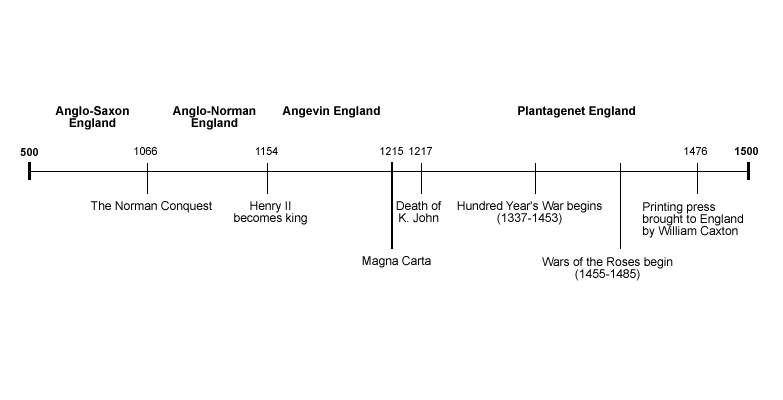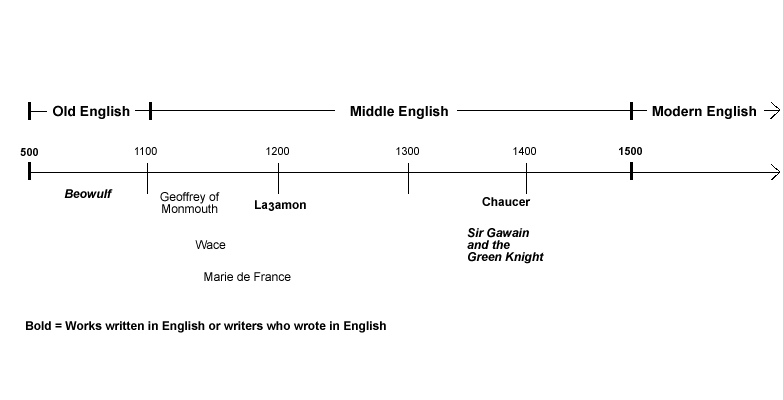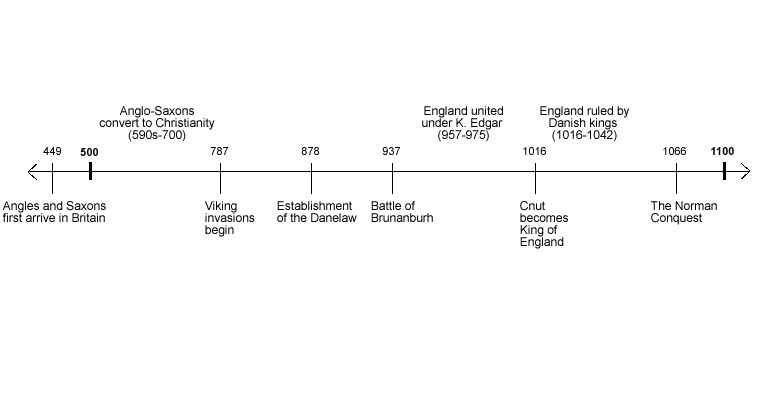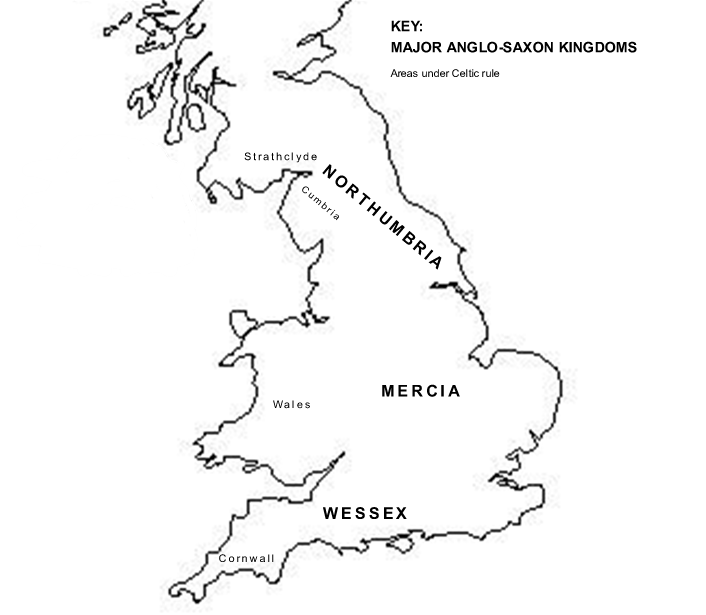This page is intended to provide useful information for studying and writing about the Middle Ages.
Use of the Terms “Middle Ages” and “Medieval”
- In many ways, we define our own sense of “modernity” against the medieval past. What makes us modern is how we are different from the people of the Middle Ages. We also tend to assume that the present is better than the past (incidentally, an assumption which medieval people would not have shared). As a result, we construct myths of the Middle Ages which embody things we disapprove. It is important not to let our own cultural prejudices based on such myths influence us when we are trying to study the historical Middle Ages.
- One of the ways our prejudices get represented is in our use of phrases like “conditions are positively medieval” or Marcellus Wallace’s famous “I’m gonna get medieval on your ass” in Pulp Fiction (1994). In studying the Middle Ages, you should learn to avoid the cultural assumptions that lie behind such phrases. In academic use, “the Middle Ages” and “medieval” refer to the chronological period between the Roman Empire and the early modern period–they should not be used with unreflective or unquestioned cultural assumptions attached.
- An alternate spelling “medieval” is “mediæval”. The word does not begin with “mid”, and it definitely does not end with “evil”. I take the ability to avoid such spelling errors as one sign of your success as a student.
- The term “feudal”, which refers to the characteristic socio-economic system of the Middle Ages, is often used with the same cultural assumptions as “medieval”. Make sure to avoid making that mistake. Similarly, “the Dark Ages” is a common term for the early part of the Middle Ages (to about 1100). This is now unusual in scholarly use because it may also carry negative connotations. It should be replaced with “the early Middle Ages”.
How to Format the Titles of Medieval and Modern Texts
- Books and journal titles should be in italics. Scholarly articles should be in quotations marks. Even the MLA no longer recommends underlining titles. I recommend abandoning this old-fashioned practice, unless you are submitting work produced on a typewriter.
- Although most students learn that titles of poems should be placed in quotation marks, most scholarly publications only follow this practice for short, non-narrative poems. The titles of most medieval poems should be placed in italics.
How to Use Capital Letters
Many people are “challenged” when it comes to knowing what words to capitalise in their writing, especially since conventions have changed over time. Here are some general rules:
- The first word of a sentence is capitalised (you probably knew that one).
- Anything after a colon (:) is considered part of the same sentence as whatever comes before. So don’t capitalise the first word after a colon because of rule 1.
- Proper nouns are capitalised. These are generally names and places, but some other words are conventionally capitalised. Try to follow the models of reputable and recent sources. If in doubt, keep it in lower case.
- In English titles of texts and documents, nouns, adjectives, verbs, adverbs, and pronouns are capitalised; all other words are not. If in doubt, look the word up in a dictionary to find out its part of speech. Note that titles in other languages follow different conventions.
Studying the Middle Ages also provides some special circumstances:
- “Middle Ages” is typically capitalised in recent publications, and you should follow this convention.
- The adjective of “Middle Ages” is “medieval” (e.g. “medieval literature”). It should be placed in lower case.
- Other technical terms like “feudal” and “feudalism” should be placed in lower case. There is a temptation to place technical terms in other languages like comitatus and bellatores in capitals. Don’t. these terms should be place in italics.
- The word “king” should be capitalised if it is part of a title (e.g. “King Arthur”); otherwise, it should be in lower case.
Formatting Terms in Old English, Middle English, and Other Languages
If you are using words in Old English, Middle English, or another language, it should be placed in italics (and not capitalised). If you are quoting the word from a primary text, it should not be placed in italics; it should be in quotation marks.
General Timeline of Periods in Early European History

Timeline of Medieval England

Timeline of Medieval English Language and Literature

Timeline of Anglo-Saxon England

Map of Anglo-Saxon England
